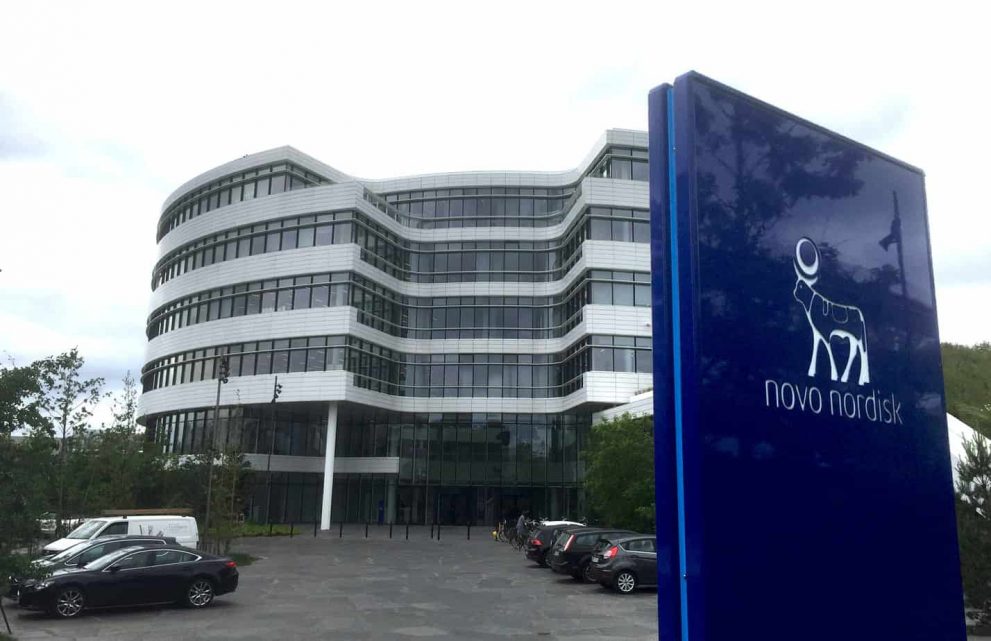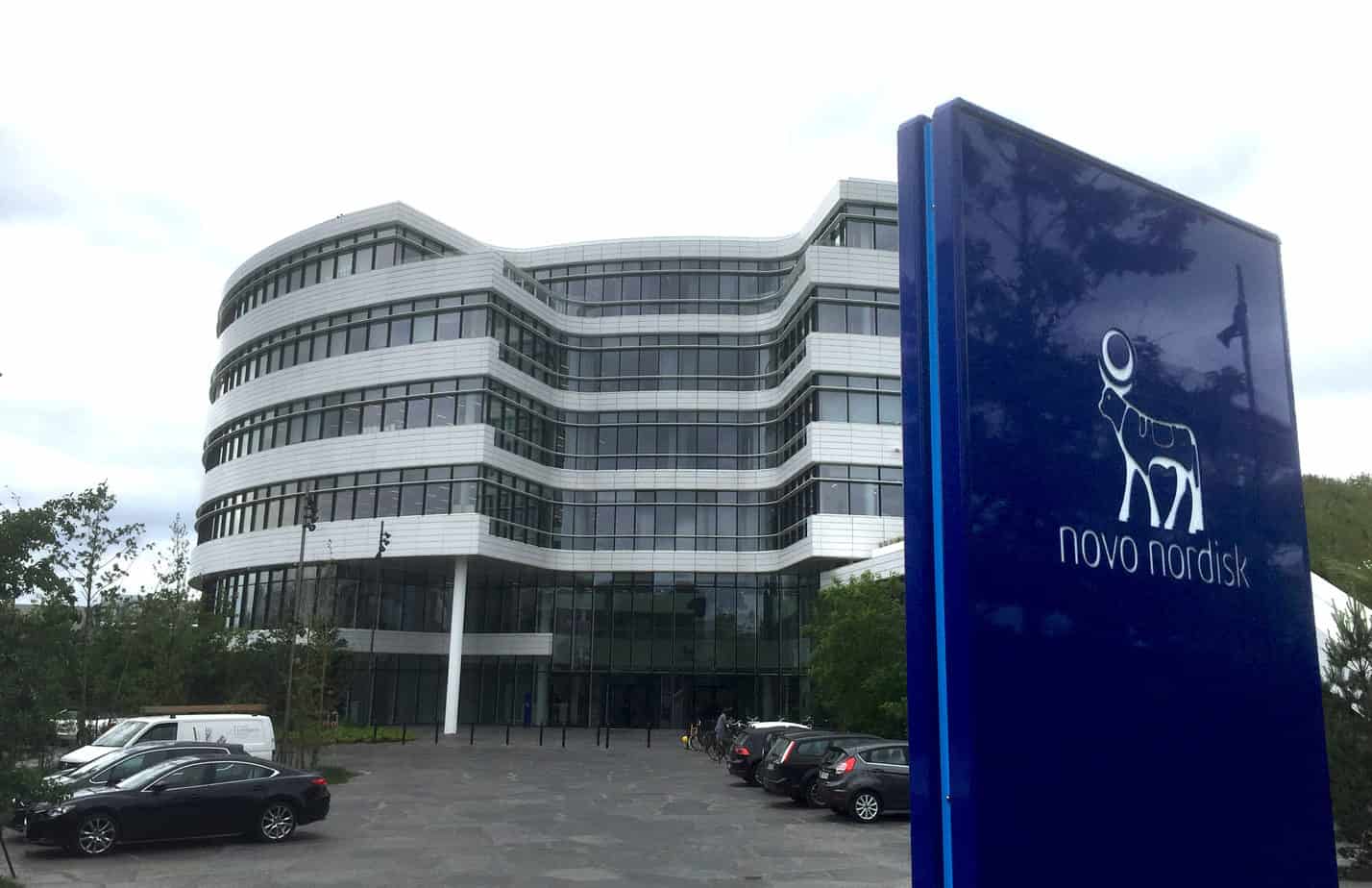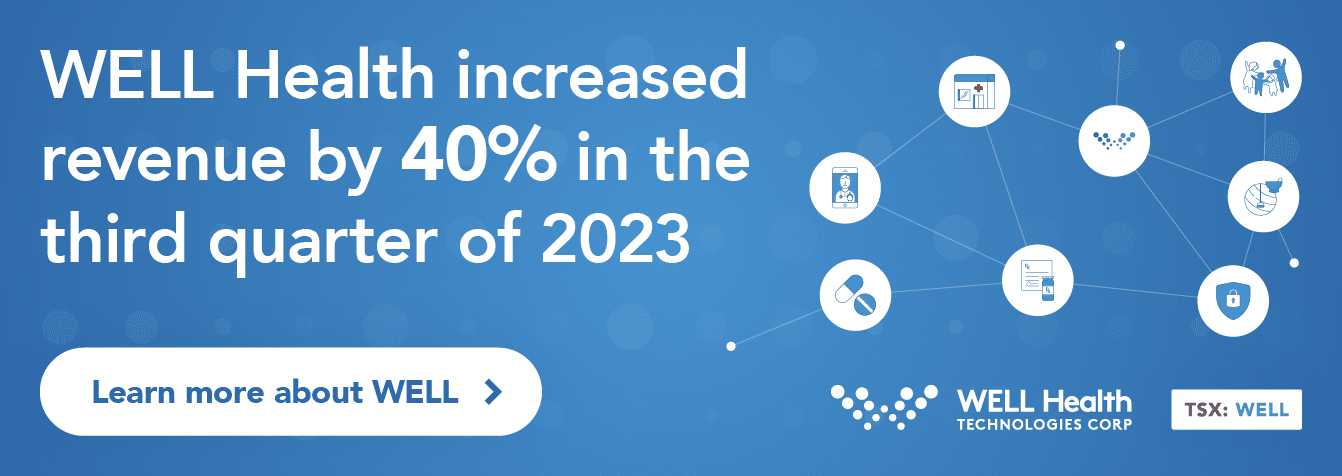
 Investors looking for a pharma company may want to keep an eye on Novo Nordisk (Novo Nordisk Stock Quote, Chart, News NYSE:NVO), the Danish pharmaceutical giant which has done well in the diabetes category, according to portfolio manager Paul MacDonald.
Investors looking for a pharma company may want to keep an eye on Novo Nordisk (Novo Nordisk Stock Quote, Chart, News NYSE:NVO), the Danish pharmaceutical giant which has done well in the diabetes category, according to portfolio manager Paul MacDonald.
“Novo Nordisk is a large cap pharmaceutical company really focused in about 85 to 90 per cent of their business in diabetes-related products,” says MacDonald, chief investment officer at Harvest Portfolios, who spoke on BNN Bloomberg on Tuesday.
“We don’t own Novo but we have owned it in the past in some of our other funds that don’t have options, and the reason why we don’t own it is its option liquidity tends to be relatively low in the US market. They do have some competitive advantages in Ozempic, their latest diabetes drug,” MacDonald said.
The market will be watching Novo in its upcoming Phase Three trial of its semaglutide, the active ingredient in Novo’s Ozempic, now for obesity. Expected to commence in 2021, Novo could have a blockbuster on its hands. After launching Ozempic in 2018 as a Type 2 diabetes drug, Novo has pushed semaglutide over to the cardiovascular category, winning FDA approval earlier this year for its use to reduce the risk of cardiovascular events in patients with Type 2 diabetes.
The rise in its semaglutide GLP-1 drug platform has helped push revenue higher for Novo, which saw sales grow by eight per cent over the first half of 2020 for obesity care, while overall semaglutide sales grew by 30-per-cent rise.
“Despite COVID-19, we are satisfied by the performance in the first half of 2020 and by the progress made on our strategic aspirations,” said president and CEO Lars Fruergaard Jørgensen, in an August 6 press release. “We saw a strong uptake of our GLP-1 portfolio and we continue to increase our diabetes value market share. Within R&D, the obesity clinical trial results are very encouraging. As COVID-19 continues to severely impact societies around the world, our priorities continue to be to safeguard our employees, continue supply of our life-saving medicines and help societies around the world to fight
the pandemic.”
MacDonald said Phase Three trials by Novo and also Eli Lilly in their respective cardiovascular drugs will be pivotal.
“We own Eli Lilly which is a direct competitor to Novo. They both have Phase Three trials ongoing right now that we’re watching quite closely with Trulicity and Ozempic and whether or not the higher dosage in Trulicity actually has a similar safety profile, which would actually give it a bit of a competitive advantage,” MacDonald said.
“But Novo is one of the leaders in the diabetes market and … I think if you’re not involved in the options market like we are Novo is a good position to have,” he said.
Novo’s first half earnings report featured EPS of $0.67 per share, beating Zack’s consensus average of $0.64 per share, while overall revenue of $4.43 billion came in a little under the consensus $4.49 billion. So far in 2020, Novo’s share price is up 23 per cent.
Diabetes is a complex puzzle and new advances seem few and far between. But one researcher thinks an ‘invisible’ cell transplant might be able to treat diabetes.
Writing in the website “The Conversation” Katrina Wesencraft a PhD Candidate at the University of Strathclyde outlined the procedure.
Over 450 million people have diabetes, but less than 10% of these people have the kind known as type 1,” Wesencraft said. “In type 1 diabetes, the insulin-producing cells of the pancreas stop working. Scientists don’t know exactly how this happens, but the immune system seems to attack these cells by accident. I work with researchers and surgeons at the universities of Strathclyde and Edinburgh who are replacing these faulty cells for a small group of people with severe type 1 diabetes. In a healthy person, around 1% of the pancreas cells produce insulin. Scientists are able to extract these insulin-producing cells from a donor pancreas and surgeons transplant them into a diabetic patient.
But Wesencraft concedes there are very significant obstacles to overcome with regards to the treatment.
“A successful transplant would mean people with type 1 diabetes can start making their own insulin again. It sounds simple, but it doesn’t always work,” she said. “Major obstacles are stopping this treatment from being more widely available. As with transplanted organs, cells also face rejection. Cell transplant recipients have to take a cocktail of antirejection drugs. While these drugs make the immune system less likely to detect the transplanted cells, they also have serious side-effects. Even successful cell transplants eventually fail. When the donor insulin-producing cells stop working, the patient’s diabetes comes back. Researchers still don’t know exactly why the transplant stops working. We think that despite the antirejection drugs, the patient’s immune system eventually detects that the cells are from a different body and attacks them.”
Leave a Reply
You must be logged in to post a comment.





 Share
Share Tweet
Tweet Share
Share




Comment